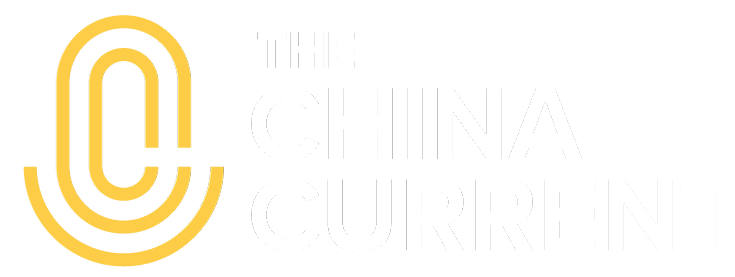
The Chinese People’s Political Consultative Conference
Laws and Policies
播放影片
The Chinese People’s Political Consultative Conference, or the CPPCC, held its first plenary session in September 1949, marking the official establishment of the multi-party cooperation and political consultation system under the leadership of the Communist Party of China.
CPPCC members include members of the Communist Party of China and all democratic parties, personages without party affiliation, people’s organizations, ethnic minority groups, representatives from all social sectors, compatriots from Hong Kong, Macao and Taiwan, as well as specially invited individuals.
The CPPCC has the following main functions:
Political consultation: Conducting consultations on fundamental policies of the State or regions as well as on important political, economic, cultural and social affairs, before the final decisions are made, and carrying out consultations on important issues in the course of implementation of the policies.
Democratic supervision: Supervising, by means of opinions, suggestions and criticism, on the enforcement of the Constitution, laws and regulations, the implementation of important general principles and policies, and the performance of duties by state organs and their functionaries.
Participation in and deliberation of state affairs: Conducting investigations and studies on issues of concern among the general public and on issues underscored by the Party and government organs, and making proposals to the Party and government departments.
As stipulated by the Charter of the Chinese People’s Political Consultative Conference, the CPPCC National Committee has a chairperson, a number of vice-chairpersons, and a secretary-general. The vice-chairpersons are elected by the plenary session of the CPPCC National Committee.
How are the CPPCC members admitted?
The CPPCC members are not elected, but are admitted through consultations and recommendations. The number of CPPCC members and candidates for each term, upon deliberation and approval by the chairpersons meeting of the previous CPPCC National Committee, are decided by the Standing Committee through consultations.
In 2018, when a new term of the CPPCC was to be formed, the Communist Party of China Central Committee clearly specified the requirements for candidates of the new term of the CPPCC. That is, political integrity, honesty and social image. That meant all candidates must be subjected to examination of their political integrity, work performance and social reputation to ensure the overall quality and good social image of all members. At the same time, an accountability system was introduced into the candidate recommendation procedure, and the persons making the recommendations should be held accountable to the performance and quality of the candidates.
The CPPCC National Committee holds a plenary session each year, generally in March in parallel with the plenary session of the National People’s Congress. The plenary session mainly discusses the Government Work Report, the national economic plans and budgets, the work report of the Supreme People’s Court, the work report of the Supreme People’s Procuratorate and other important reports, and the work report of the Standing Committee of the CPPCC National Committee and reports on CPPCC members’ proposals.
In addition, when the plenary session of the CPPCC National Committee is not in session, the meeting of the Standing Committee is the form of consultation and, generally, the Standing Committee of the CPPCC National Committee holds four sessions a year.
相關影片
x
教學影片下載表
